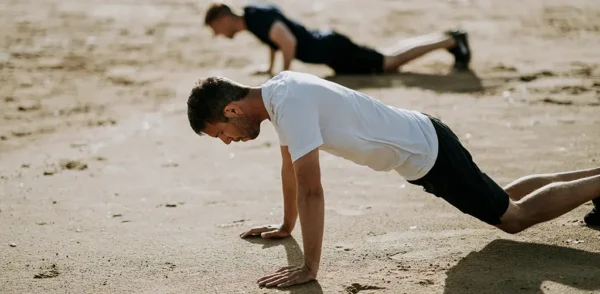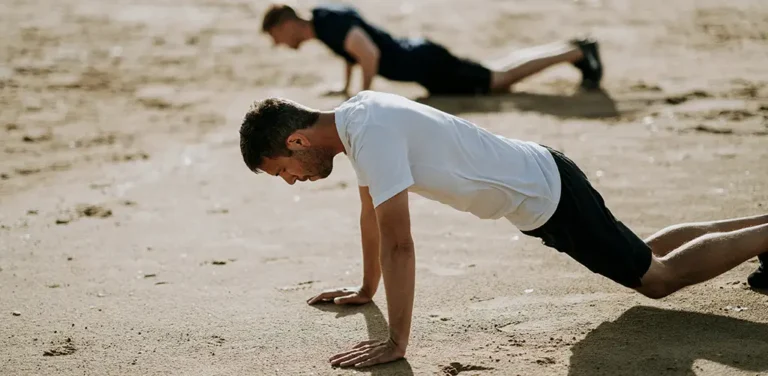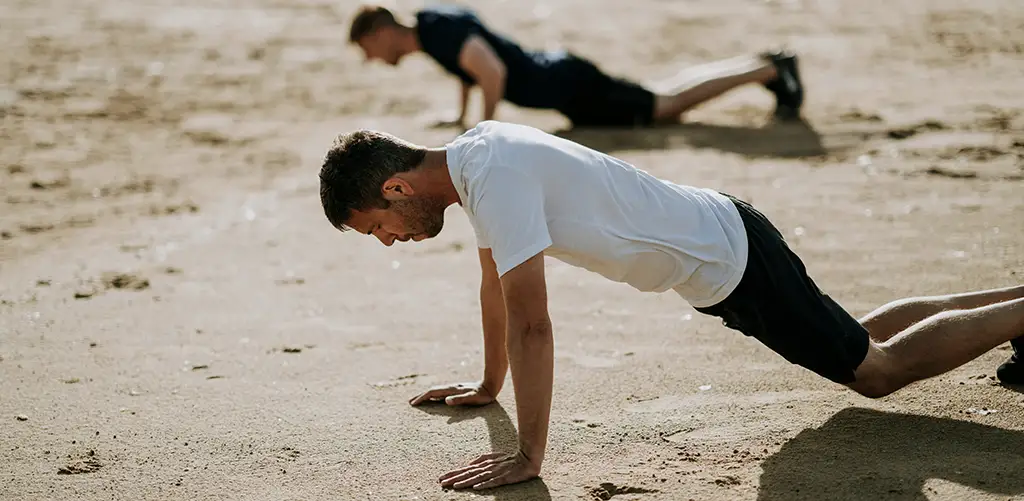
Introduction
The way we live each day affects our long term health and longevity. Smaller choices like what we eat, including Omega-3 and Vitamin D, and how active we are through exercise can have a lasting impact on our bodies. As interest in aging well grows, scientists are looking into how lifestyle changes can lead to a longer and healthier life.
The DO-HEALTH trial, one of the largest European studies on aging, looked into whether supplementing with vitamin D, omega-3 and exercise could slow down biological aging and overall well-being. Omega-3, vitamin D and exercise have been studied for years for their health benefits. In this trial, the researchers used DNA methylation clocks – an advanced tool to measure biological age – to see how they worked together and get more insights into their effect on longevity.
The role of omega-3 and vitamin D in aging
Omega-3 fatty acids: These essential fats, found in fish, algae, and flaxseeds, are crucial for heart health, brain function, and reducing inflammation. They also support overall well-being and have been linked to various health benefits, including improved cardiovascular function and cognitive performance.
Vitamin D: Sunlight is the best natural source of vitamin D, so make it a habit to get at least 10-30 minutes of daily exposure on larger skin areas, depending on your skin type and the season. However, many people still have insufficient vitamin D levels, making a daily D3 supplement a beneficial and reliable way to maintain optimal levels and support overall health.
Related: Vitamin D3 and anti-aging | The link between vitamin D3 and the immune system
How researchers measured aging
The study used DNA methylation clocks, which estimate biological age by analyzing chemical modifications in DNA. These changes occur naturally with age and can be influenced by lifestyle and environmental factors. The clocks used in this study include:
PhenoAge: Estimates biological age based on biomarkers linked to aging-related health risks. Higher PhenoAge values indicate a higher likelihood of diseases and earlier mortality.
GrimAge2: Integrates DNA methylation markers associated with mortality risk, making it a strong predictor of lifespan and health outcomes.
DunedinPACE: Unlike traditional clocks that estimate total biological age, DunedinPACE measures how quickly a person is biologically aging, providing insight into the effectiveness of interventions like supplements and exercise.
Reviewing the DO-HEALTH clinical study
The DO-HEALTH trial was a large, multi-center randomized controlled trial designed to evaluate interventions that could promote healthy aging. Conducted over three years, the study included 2,157 participants across five European countries, with a subset of 777 older adults from Switzerland providing data for the DNA methylation analysis. Participants, aged 70 and above, were generally healthy and active at the start of the trial.
The trial followed a 2×2×2 factorial design, meaning participants were randomly assigned to one of eight intervention groups receiving vitamin D (2,000 IU per day), omega-3 (1g per day), a structured home exercise program (three sessions per week), or a combination of these interventions. They were monitored through annual clinical visits and quarterly phone follow-ups to track their progress and adherence. Researchers collected blood samples at baseline and after three years to analyze biological aging using DNA methylation clocks.
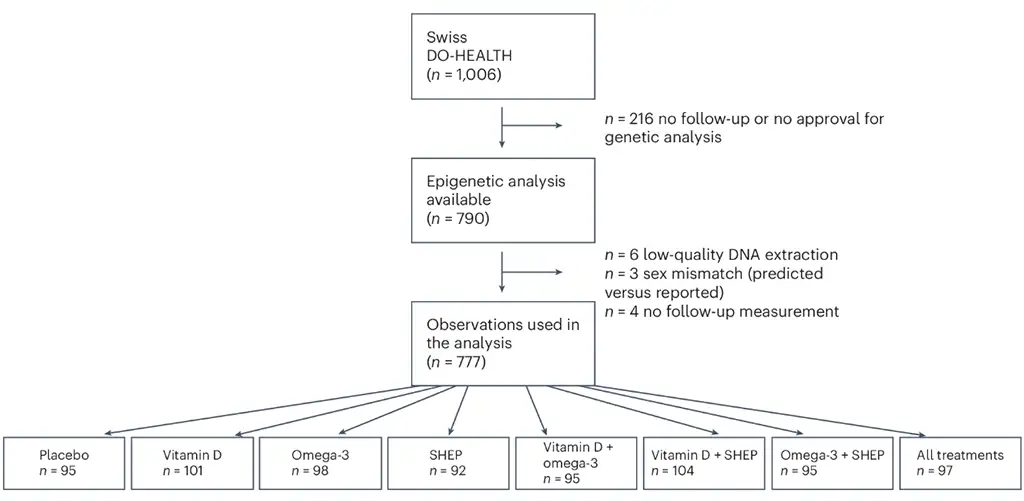
Main results of the trial
1. Omega-3 helped slow down aging
People who took omega-3 supplements showed signs of slower aging in their DNA. This suggests that omega-3 might play a role in keeping cells healthier for longer. Participants who took omega-3 supplements showed a reduction in biological aging on multiple measures, particularly PhenoAge, GrimAge2, and DunedinPACE. This suggests that omega-3 fatty acids may influence epigenetic markers associated with longevity.
2. A combination of all three worked best
Taking omega-3 along with vitamin D and regular exercise led to better results than any of them alone. The most significant improvements were seen in biological age, which decreased by 2.9 to 3.8 months. While this change may seem small, it suggests that even minor reductions in biological aging could have meaningful long-term health benefits if sustained over time.
In other words, the person’s biological aging slowed by nearly one month per year over the three-year period. While this may seem like a small change, over time, it could support better health and extend healthspan.
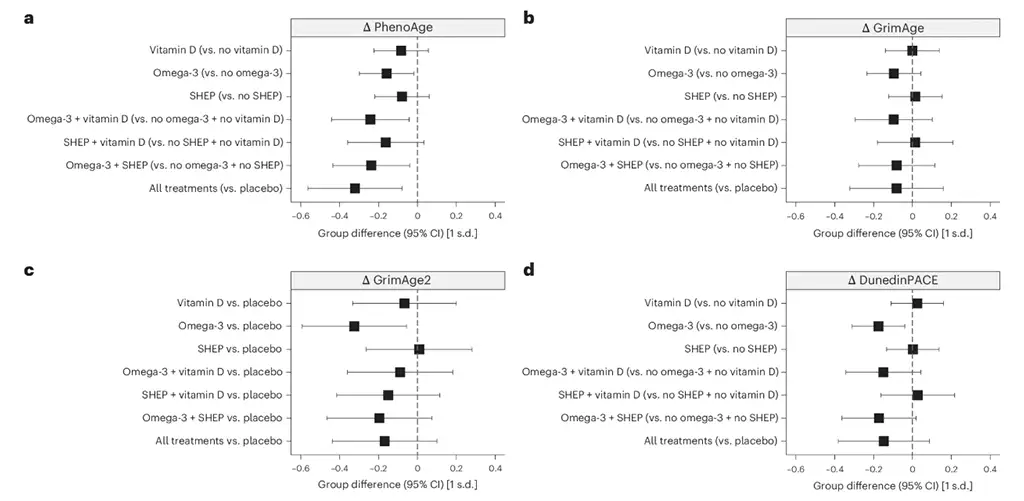
3. Some people benefited more than others
Not everyone responded the same way. People who had lower omega-3 levels before the study saw the biggest improvements, suggesting that those who don’t get enough omega-3 from their diet might benefit the most. For instance, participants with lower baseline levels of omega-3 in their blood experienced greater reductions in biological aging, highlighting the importance of personalized supplementation.
4. Older aging tests showed no change
Some older methods of measuring aging didn’t show any clear effects from the supplements or exercise. This suggests that newer tools, like DNA methylation clocks, may be better at detecting small changes in biological age, which focus more on chronological aging rather than biological function.
5. What this means for the future
This study lasted three years, but the results suggest that omega-3, vitamin D, and exercise might help slow aging over the long term. More research is needed to see if these effects lead to better health and a longer life., the results lay the groundwork for future research on the long-term effects of omega-3, vitamin D, and exercise. Understanding whether ongoing supplementation and physical activity can enhance healthspan and lower the risk of age-related diseases remains an important area for further investigation.
How to incorporate omega-3, vitamin D and exercise into your daily routine
Now that we know how omega-3, vitamin D and exercise can impact the aging process and support a longer healthier life, how can we make them a part of our daily habit?
Omega-3: Eat fatty fish like salmon, mackerel and sardines at least 2 times a week to ensure you get enough. If you don’t eat enough fish, a high quality omega-3 from fish oil or algae can be a good alternative. Flaxseeds are also a great plant-based source—sprinkle them on your yogurt or use them in baking.
Vitamin D: Sunlight is the best natural source of vitamin D so aim for at least 10-30 minutes of daily exposure on larger skin areas depending on skin type and season. If you want to be sure you get enough, a daily D3 supplement can help maintain optimal levels.
Exercise: Exercise is key to healthy aging. Combine moderate cardio like walking, cycling or swimming with strength training a few times a week to maintain muscle mass and mobility.
You might also like: Best exercises for longevity – The science-backed guide

Vitamin D and the immune system
A 2023 study focused on how vitamin D directly influences immune function. The research highlights vitamin D’s ability to enhance immune defenses, regulate inflammation, and lower the risk of autoimmune diseases.
Read the full blog here The link between vitamin D3 and the immune system.
Conclusion
The DO-HEALTH trial provides compelling evidence that omega-3 supplements, vitamin D, and regular exercise can have a positive effect on biological aging. While the effects were modest, the combination of these three interventions showed the greatest impact. The study measured results over three years, but if these habits are maintained as a long-term lifestyle, the effects on biological aging could be even more significant. Even small reductions in biological age may contribute to long-term health benefits, highlighting the importance of targeted lifestyle choices. These findings emphasize the role of a nutrient-rich diet, adequate vitamin D levels, and physical activity in aging research, reinforcing that small, scientifically supported changes can make a meaningful difference in healthy aging.
References
- Bischoff-Ferrari HA, Gängler S, Wieczorek M, Belsky DW, Ryan J, Kressig RW, et al. Individual and additive effects of vitamin D, omega-3 and exercise on DNA methylation clocks of biological aging in older adults from the DO-HEALTH trial. Nat Aging. 2025 Feb 3.
